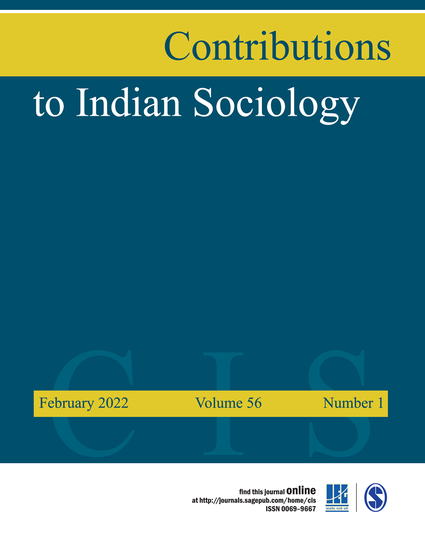
Article
Glimpses from villages in the Northeast: Traditional quarantine measures came alive during the COVID-19 pandemic
Contributions to Indian Sociology
(2022)
Abstract
During the COVID-19 pandemic, communities in the hills of Northeast India fought the epidemic by taking recourse to traditional preventive health measures, both sealing off villages and quarantining to combat the spread of the highly infectious coronavirus SARS-CoV-2. These traditional emergency health measures grew out of local experience with disease but resemble the current practices of lockdown and quarantine. Quarantine measures, dismissed by the World Health Organization in 2018 as ‘no longer efficient’ were re-established in the course of the epidemic. However, these practices continued to be part of the oral tradition of villages in the Northeast and highlighted an aspect of their autonomy in this arena.
Keywords
- COVID-19,
- Northeast India,
- indigenous peoples,
- pandemic,
- quarantine
Disciplines
Publication Date
February, 2022
DOI
https://doi.org/10.1177/00699667221106017
Citation Information
Thongkholal Haokip. "Glimpses from villages in the Northeast: Traditional quarantine measures came alive during the COVID-19 pandemic" Contributions to Indian Sociology Vol. 56 Iss. 1 (2022) p. 94 - 98 ISSN: 09730648 Available at: http://works.bepress.com/haokip/65/
